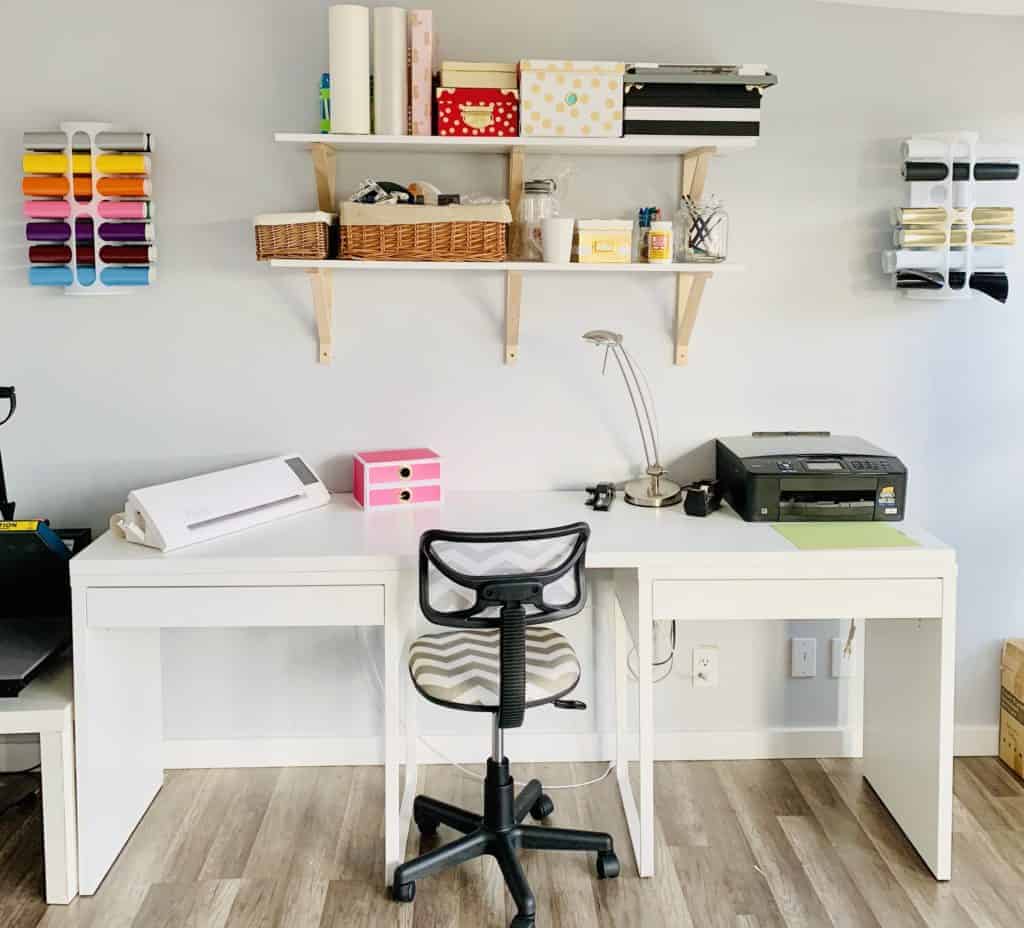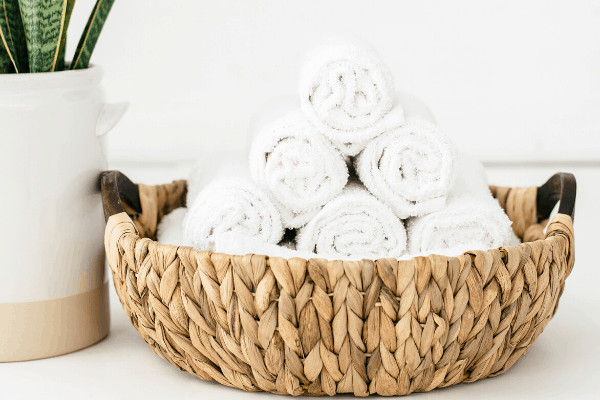Water softeners eliminate hardness-causing minerals like calcium and magnesium. Hard water is a common issue affecting many households and businesses, leading to problems like pipe scaling and reduced appliance efficiency. Understanding the significance of addressing challenging water problems with solutions like the Marlo water softener in Maryland is crucial.
Hard water can cause long-term damage to plumbing systems without adequate treatment, resulting in frequent appliance maintenance and even affecting skin and hair health. The accumulation of scale over time obstructs water flow and requires homeowners to spend on expensive descaling treatments and replacements. Thus, incorporating an efficient water softener can mitigate these problems and maintain the integrity of your home’s water system.
How Do Water Softeners Work?
These systems operate by using a process called ion exchange to swap hardness minerals with sodium or potassium ions. This transformation leaves the water’ soft,’ making it more compatible with household appliances and plumbing systems. By being aware of how this process operates, users may better appreciate the usefulness of these gadgets in their daily lives.
During ion exchange, hard water enters the softening system and passes through a resin bed. Here, calcium and magnesium ions are exchanged for sodium or potassium ions, softening the water. This ensures that when the water exits the softener, it no longer contains the minerals responsible for water hardness. Moreover, modern water softeners are designed to be efficient and user-friendly, often including automated systems that signal when maintenance or salt refills are needed, ensuring consistent performance without frequent intervention.
Different Types of Water Softeners
- Salt-based softeners are the most common type, using sodium to replace hard minerals. They are highly effective but require periodic salt refilling. Regularly adding salt is necessary to maintain the system’s efficiency, making these softeners a bit more maintenance-intensive but highly effective in minimizing calcium and magnesium ions.
- Salt-Free Softeners: These use potassium or other methods to prevent scale buildup. While they don’t remove hardness minerals, they inhibit their ability to form scale. This type of softener is often chosen by those who prefer to avoid adding sodium to their water. However, it’s important to note that they work differently than traditional softeners and might only be suitable for some hardness issues.
- Dual Tank Softeners: Equipped to handle large volumes and continuous operation, these systems are ideal for heavy water usage. Dual tank systems ensure that soft water is always available, as one tank can regenerate while the other is in use, making them perfect for large households or businesses with high water demands.
Benefits of Using Water Softeners
A water softener can yield various advantages, including longer appliance lifespans, effective cleaning, and better skin and hair health. Research suggests that softened water requires less soap for cleaning, leading to cost savings over time.
Additionally, water softeners can help prevent the buildup of scale, which can otherwise impede water flow and reduce the efficiency of water heaters. Improved water quality also means that shampoos and soaps lather better and rinse more completely, contributing to healthier hair and skin. By reducing the abrasive effect of hard water minerals, water softeners also help maintain the original color and texture of clothes, resulting in longer-lasting fabrics and more comfortable wear.
How to Choose the Right Water Softener
It’s essential to consider factors such as water hardness level, household water usage, and maintenance requirements.
- Determine Water Hardness: Knowing your water’s hardness level can help you select the suitable capacity for the softener system. Water testing kits can precisely read hardness levels, ensuring you choose a system that adequately handles your needs.
- Consider Household Needs: Determine how much water your home uses daily to select a system that can satisfy your needs without requiring regular regeneration. Larger families or those with high water usage will benefit from systems designed for larger capacities.
- Maintenance and Costs: Regular maintenance is crucial, so consider the ease of maintaining the system, including the availability and cost of replacement parts. Some systems offer features like self-cleaning and easy service access, which can significantly reduce long-term maintenance efforts and costs.
Installation and Maintenance Tips
Proper installation and regular maintenance of water softeners are crucial for their performance and longevity.
Here are some tips:
- Follow the manufacturer’s guidelines for setup. Installing the water softener according to the instructions fortifies its performance and prevents potential issues due to improper installation.
- Check the salt levels in salt-based softeners regularly. A consistent monitoring routine helps maintain the effectiveness of the ion exchange process.
- Periodically clean the brine tank and other components. Cleaning the components ensures that every part of the system functions appropriately, extending the softener’s lifespan.





